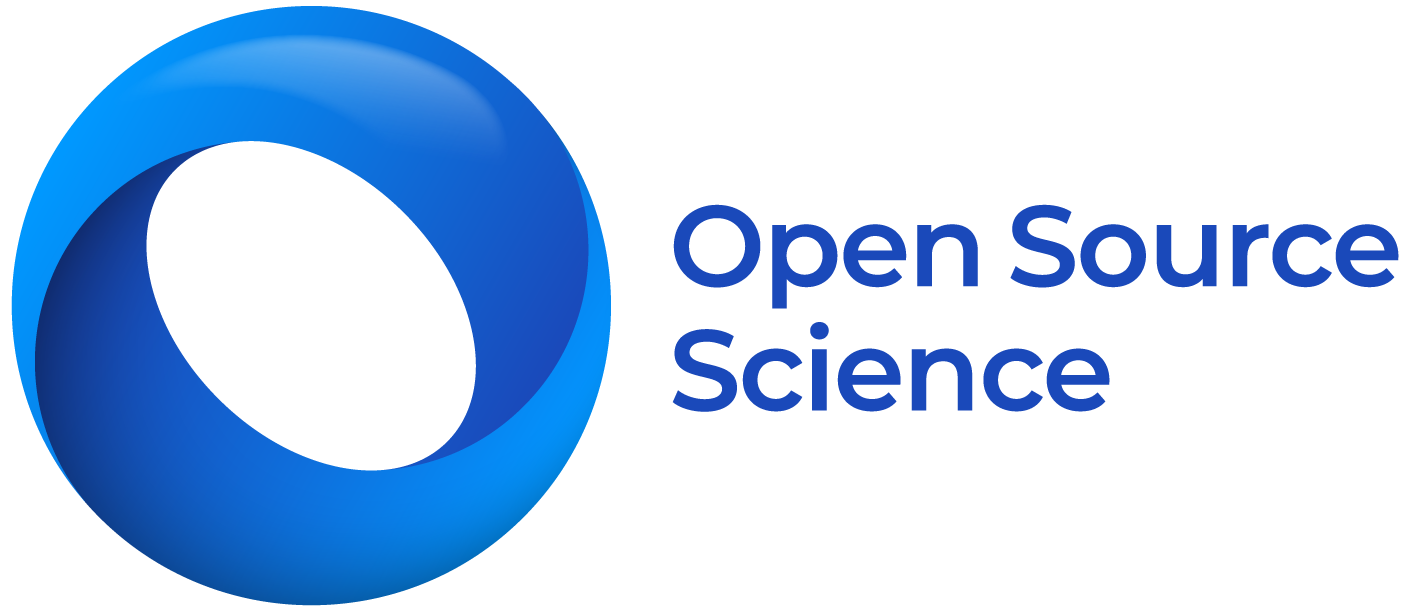Open source software in quantum computing
Open-source software is becoming crucial in the design and testing of quantum algorithms. Many of the tools are backed by major commercial vendors with the goal to make it easier to develop quantum software: this mirrors how well-funded open machine learning frameworks enabled the development of complex models and their execution on equally complex hardware. We review a wide range of open-source software for quantum computing, covering all stages of the quantum toolchain from quantum hardware interfaces through quantum compilers to implementations of quantum algorithms, as well as all quantum computing paradigms, including quantum annealing, and discrete and continuous-variable gate-model quantum computing. The evaluation of each project covers characteristics such as documentation, license, the choice of programming language, compliance with norms of software engineering, and the culture of the project. We find that while the diversity of projects is mesmerizing, only a few attract external developers and even many commercially backed frameworks have shortcomings in software engineering. Based on these observations, we highlight the best practices that could foster a more active community around quantum computing software that welcomes newcomers to the field but also ensures high-quality, well-documented code.


